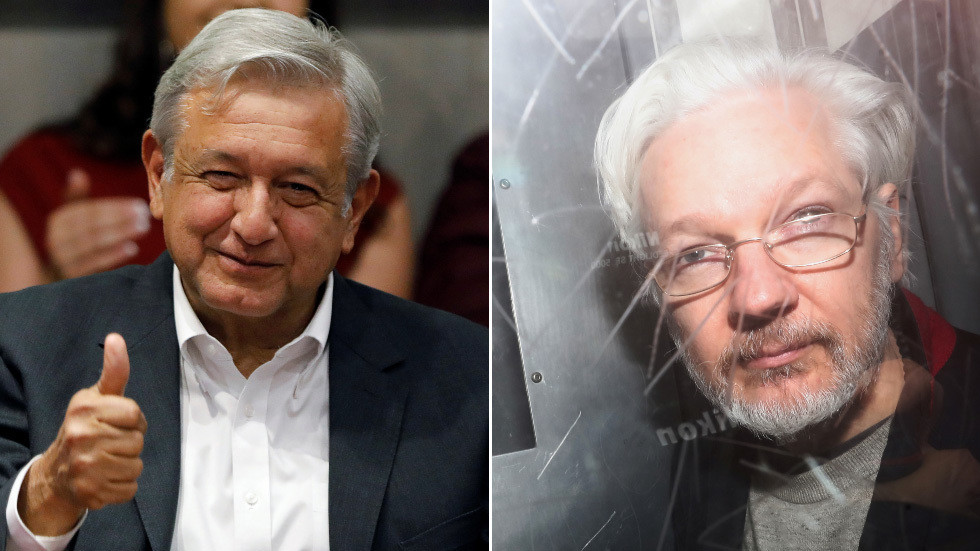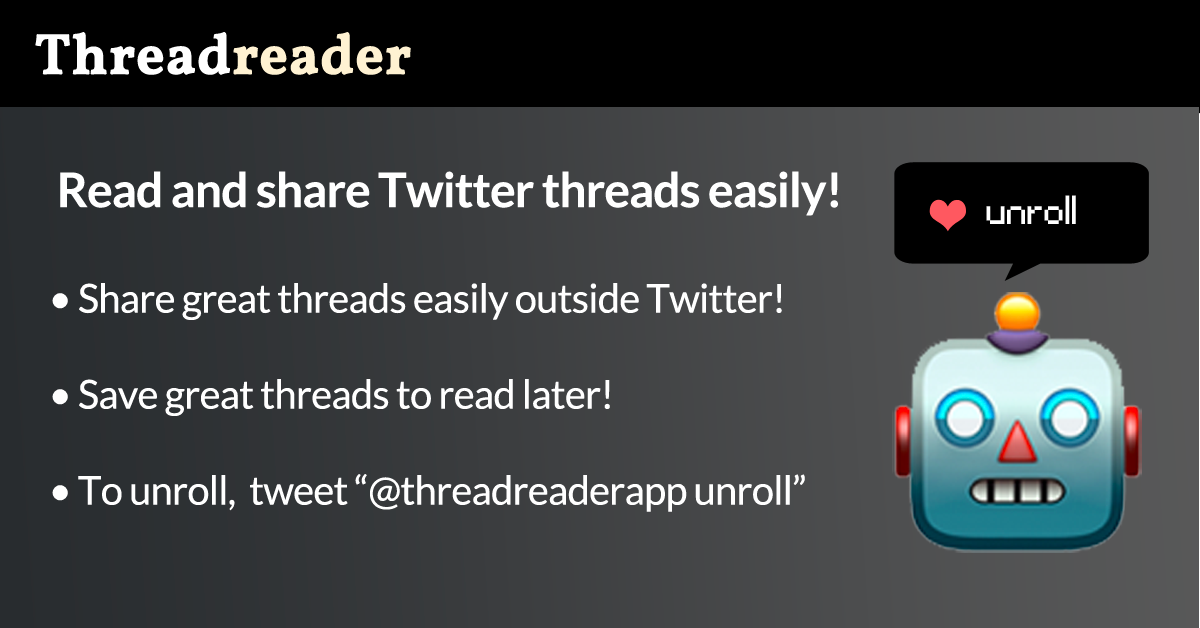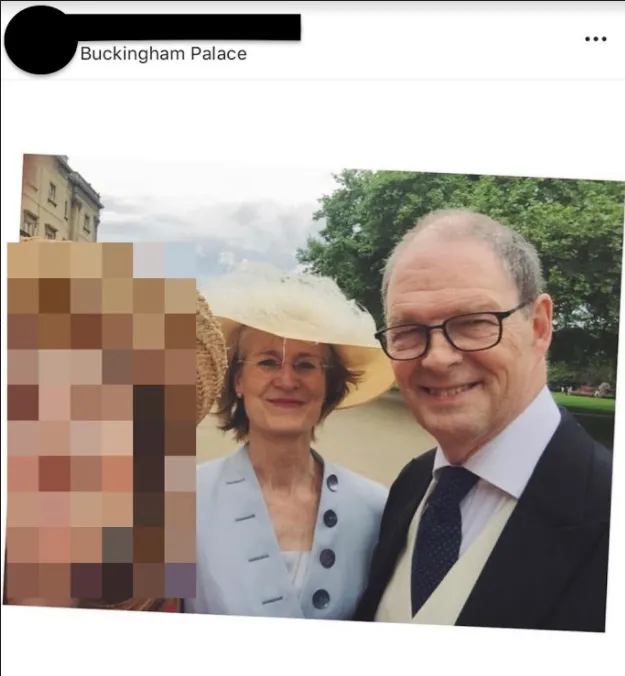The United Kingdom’s Ministry of Justice is blocking the release of basic information about the judge who is to rule on Julian Assange’s extradition to the US in what appears to be an irregular application of the Freedom of Information Act, it can be revealed.
Declassified has also discovered that the judge, Vanessa Baraitser, has ordered extradition in 96% of the cases she has presided over for which information is publicly available.
Baraitser was
appointed a district judge in October 2011 based at the Chief Magistrate’s Office in London, after being admitted as a solicitor in 1994. Next to no other information is available about her in the public domain.
Baraitser has been criticised for a number of her judgments so far concerning Assange, who has been incarcerated in a maximum security prison, HMP Belmarsh in London, since April 2019. These decisions include
refusing Assange’s request for emergency bail during the Covid-19 pandemic and making him sit
behind a glass screen during the hearing, rather than with his lawyers.
Declassified has also seen evidence that the UK Home Office is blocking the release of information about home secretary Priti Patel’s role in the Assange extradition case.
Request denied
A request under the Freedom of Information Act (FOIA) was sent by
Declassified to the Ministry of Justice (MOJ) on 28 February 2020 requesting a list of all the cases on which Baraitser has ruled since she was appointed in 2011. The MOJ noted in response that it was obliged to send a reply within 20 working days.
Two months later, on 29 April 2020, an information officer at the HM Courts and Tribunals Service responded that it could “confirm” that it held “some of the information that you have requested”.
But the request was rejected since the officer claimed it was not consistent with the Constitutional Reform Act. “The judiciary is not a public body for the purposes of FOIA… and requests asking to disclose all the cases a named judge ruled on are therefore outside the scope of the FOIA,” the officer stated.
The officer added that the “information requested would in any event be exempt from disclosure… because it contains personal data about the cases ruled on by an individual judge”, and that “personal data can only be released if to do so would not contravene any of the data protection principles” in the Data Protection Act.
A British barrister, who wished to remain anonymous, but who is not involved with the Assange case, told
Declassified: “The resistance to disclosure here is curious. A court is a public authority for the purposes of the Human Rights Act and a judge is an officer of the court. It is therefore more than surprising that the first refusal argued that, for the purposes of the FOIA, there is no public body here subject to disclosure.”
The barrister added: “The alternative argument on data doesn’t stack up. A court acts in public. There is no default anonymity of the names of cases, unless children are involved or other certain limited circumstances, nor the judges who rule on them. Justice has to be seen to be done.”
Despite the HM Courts and Tribunals Service invoking a data protection clause,
Declassified was able to view a host of cases with full names and details in Westlaw, a paid-for legal database. The press has also
reported on a number of extradition cases involving Baraitser.
An internal review into the rejection of
Declassified’s freedom of information (FOI) request upheld the rejection.
https://www.dailymaverick.co.za/wp-content/uploads/Declassified-AssangeJudge-MOJ-PDF-A.pdf

www.scribd.com
One of three documents.
Lady Arbuthnot attends the Queen’s garden party at Buckingham Palace in May 2017 with her husband Lord Arbuthnot, a former Conservative defence minister with links to the British military and intelligence establishment. Anonymisation by Declassified. (Photo: Instagram)






